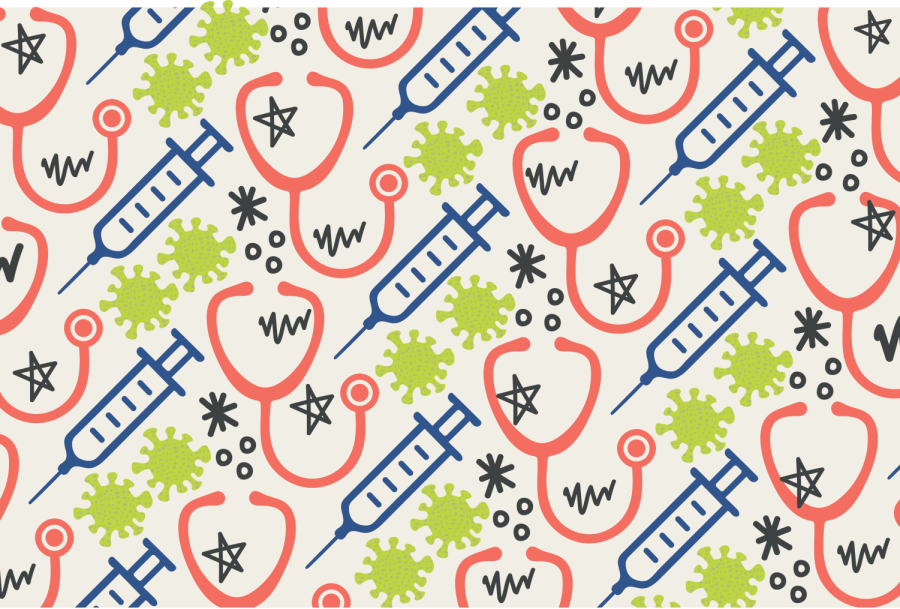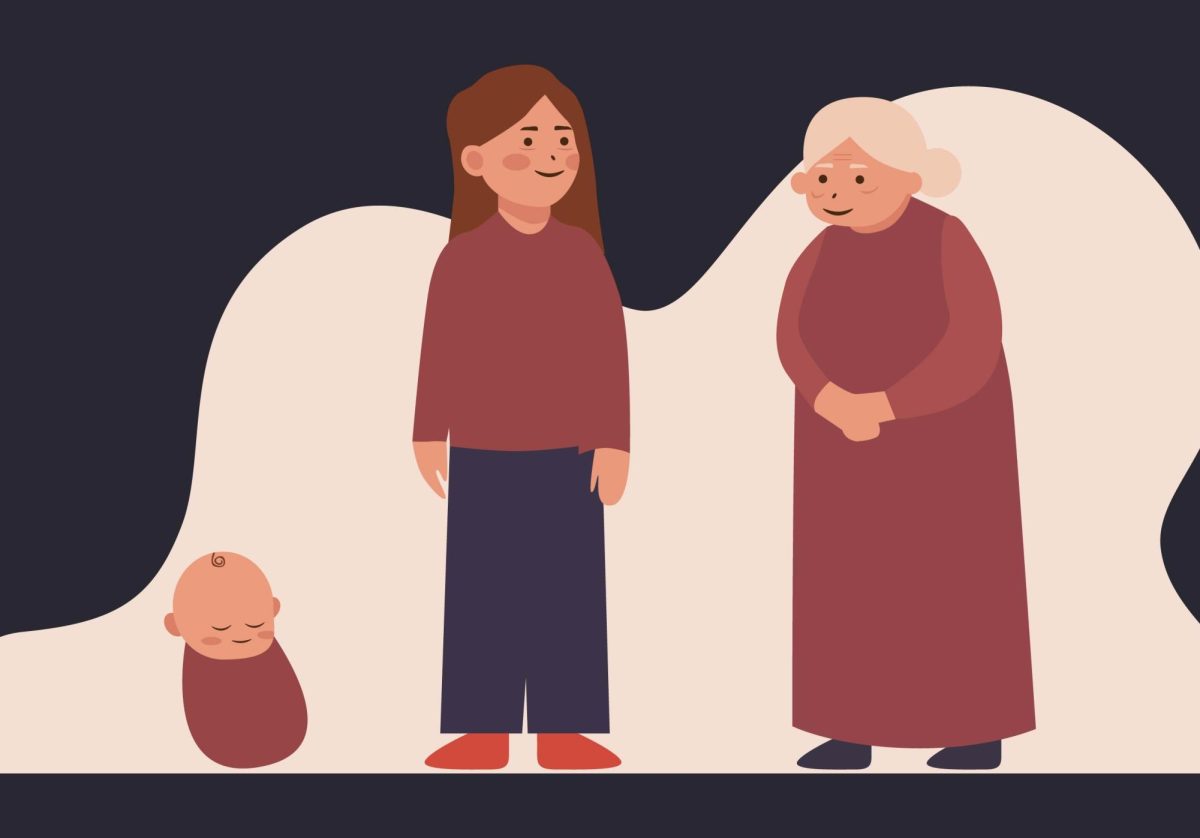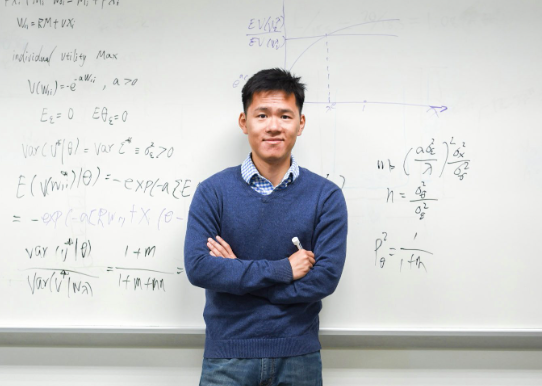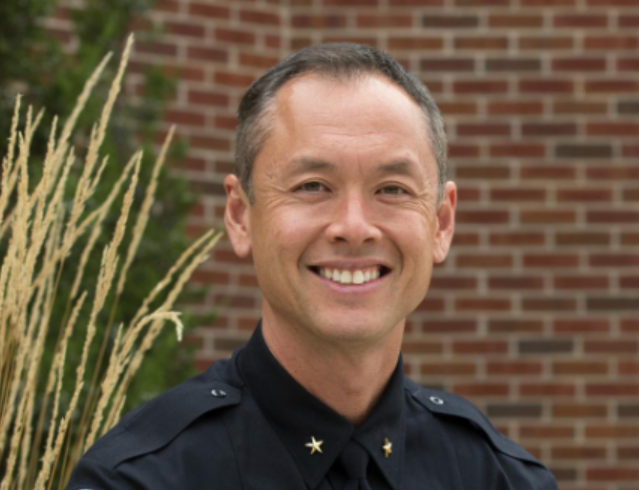“When people ask me how I am feeling, I tell them that I’m not getting much better physically, but I’m getting better at being sick.”
Savannah Brooks, an adjunct professor in the University of Minnesota English department, contracted COVID-19 in April and said Long-COVID has changed her everyday life.
“I was a boxing instructor and an elite athlete,” Brooks said. “Now, the most I can do is nine minutes of extremely light exercise at a time”
Brooks was fully vaccinated and boosted when she contracted a seemingly normal case of COVID-19. Most of her symptoms faded, but after fainting on a walk in April, she began her journey to a Long-COVID diagnosis.
Brooks worked with Fairview UMN for about a month before being told she had a hyperfunctioning central nervous system, which caused fainting, blacking out, extreme dizziness and losing balance due to heart and blood issues.
With the doctor’s guidance, Brooks said she decreased her hours at work, started daily meditation, cut out alcohol and began a vegetarian diet to try to reduce stress in her life.
It wasn’t until she met with a cardiologist in July that she was diagnosed with postural orthostatic tachycardia syndrome (POTS), a condition that causes fast heart rate, dizziness and fatigue when transitioning from lying down to standing up. POTS currently has no cure and prevents the body from keeping blood pressure steady and stable.
Brooks went from teaching martial arts to living with a potentially permanent condition that makes it difficult to stand without becoming lightheaded in a matter of months. The root of her declining health was Long-COVID.
Dr. Gulin Oz, a professor in radiology and part of the graduate program in neuroscience at the University, is currently working on a clinical trial through the University to learn more about the long-term effects of Long-COVID.
According to Oz, Long-COVID refers to ongoing symptoms associated with COVID-19 acute infection that continue for more than four weeks, whether the symptoms subsided and returned or started after the month of infection.
“Extreme fatigue, respiratory symptoms, fever, cough, brain fog, memory issues, severe headaches and psychosis are some but not all symptoms of Long-COVID,” Oz said.
Oz and her team are currently working to understand the biology of Long-COVID using advanced imaging technology.
“We go beyond routine imaging, we measure chemicals and blood flow and connectivity in the brain, how different parts of the brain talk to each other,” Oz said. “We get advanced imaging data, and we hope to analyze this data to gain insight.”
The research trial is part of imaging research being conducted in five sites across the United States. Oz said they are still seeking participants and urged students to seek treatment if they experience lingering effects from COVID-19.
Oz said from the research she and her team have conducted so far, there is data that prove vaccination reduces the risk of Long-COVID.
Michelle Trumpy, director of public health at Boynton Health, said there are COVID-19 prevention and treatment resources available on campus at Boynton, such as free vaccination for COVID-19 and influenza for students until Jan. 12, 2023.
“Boynton offers walk-in urgent care, primary care by appointment and the Gopher quick clinic for fast and reliable testing and vaccinations,” Trumpy said. “Boynton also offers COVID take-home test kits and complimentary K-95 masks upon request.”
Trumpy also said the Minnesota Department of Health (MDH) has funding for a two-year health equity grant from the Centers for Disease Control (CDC) to help understand the impact of COVID-19 on the lungs and heart. She said the University is in alignment with MDH and CDC.
“This disease messes with your central nervous system and cardiovascular system. It is a huge risk and completely changes your whole life. There is so much unknown about this disease, but it could be your new normal,” Brooks said. “I changed my life to fit Long-COVID in as a permanent disability. I am really lucky to have a medical team and a great therapist.”















A Gopher
Jan 7, 2023 at 3:56 pm
You realize the cure was to get vaccinated, right? Do you also realize that most vaccine skeptics wouldn’t take any cure regardless of efficacy or safety?
veejay
Jan 6, 2023 at 5:39 pm
Stop trying to normalize and make Long Haulers figure out how to live with this crap, and find a cure. It should not be something we learn to live with. Horseshit